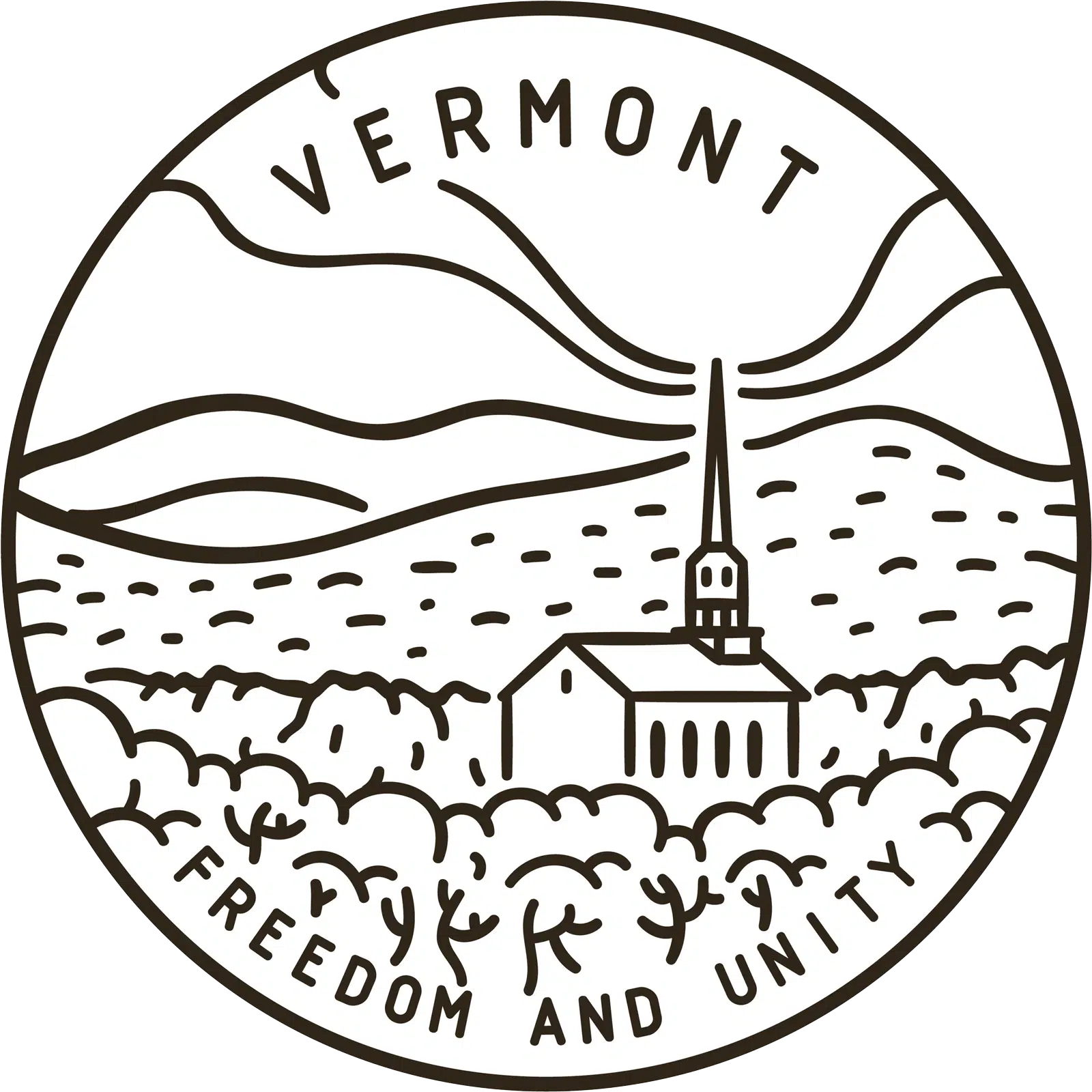Marijuana addiction is a growing concern in Vermont, with many individuals struggling to overcome their dependence on the drug. While marijuana is legal for recreational use in the state, it can still have negative effects on a person’s health and well-being. Fortunately, there are addiction treatment options available for those who are seeking help.
Vermont has a number of addiction treatment centers that specialize in helping individuals overcome marijuana addiction. These centers provide a range of services, including counseling, therapy, and medication-assisted treatment. They also offer support groups and other resources to help individuals stay sober and maintain their recovery.
If you or someone you know is struggling with marijuana addiction in Vermont, it’s important to seek help as soon as possible. With the right treatment and support, it is possible to overcome addiction and lead a healthy, fulfilling life.
Table of Contents
Understanding Marijuana Addiction
Marijuana is a drug that contains tetrahydrocannabinol (THC), which is the primary psychoactive component that causes the “high” sensation. Despite its legalization in some states, marijuana addiction is a significant problem that affects many individuals.
Symptoms and Diagnosis
Marijuana addiction can manifest in various ways, and it can be challenging to diagnose. Some of the common symptoms of marijuana addiction include:
- Increased tolerance to marijuana
- Continued use of marijuana despite negative consequences
- Difficulty controlling marijuana use
- Withdrawal symptoms when attempting to quit marijuana use
Diagnosing marijuana addiction typically involves a comprehensive assessment by a healthcare professional. The diagnosis is usually based on the presence of symptoms and the severity of the addiction.
Marijuana Use Disorder and Mental Health
Marijuana use disorder is a condition characterized by problematic marijuana use. It is classified into two categories: marijuana abuse and marijuana addiction. Marijuana abuse is the use of marijuana despite negative consequences, while marijuana addiction is characterized by the inability to stop using marijuana despite the negative impact it has on an individual’s life.
Marijuana addiction can have a significant impact on an individual’s mental health. It can lead to depression, anxiety, and other mental health disorders. Individuals with a history of mental health disorders are more likely to develop marijuana addiction.
Treatment Options in Vermont
Individuals struggling with marijuana addiction in Vermont have access to various treatment options, including outpatient and inpatient services, medication-assisted treatment, and detoxification programs.
Outpatient Treatment Programs
Outpatient rehab programs provide a flexible and less restrictive treatment option for individuals with mild to moderate addiction. These programs usually involve one-on-one and group counseling sessions, cognitive-behavioral therapy, and other evidence-based therapies. Some outpatient rehab centers in Vermont include:
- BAART Behavioral Health Services in Burlington
- Brattleboro Retreat in Brattleboro
- Rutland Mental Health Services in Rutland
Inpatient and Detoxification Services
Inpatient treatment programs are suitable for individuals with severe addiction, co-occurring disorders, or those who have unsuccessfully completed outpatient programs. Inpatient programs offer a structured environment, 24/7 medical supervision, and intensive therapies to help individuals overcome addiction. Some inpatient and detoxification centers in Vermont include:
- Maple Leaf Treatment Center in Underhill
- Valley Vista in Bradford
- Brattleboro Retreat in Brattleboro
Medication-Assisted Treatment
Medication-assisted treatment (MAT) combines medication and behavioral therapies to help individuals overcome addiction. MAT is suitable for individuals with opioid or alcohol addiction and those with co-occurring disorders. In Vermont, some MAT centers include:
- BAART Programs in Burlington and Newport
- Howard Center in Burlington
- Brattleboro Retreat in Brattleboro
Support and Recovery
Relapse Prevention
Relapse prevention is a crucial aspect of addiction recovery. It is important to understand that addiction is a chronic disease that requires ongoing management. Relapse prevention techniques can help individuals identify and manage triggers that may lead to substance use. These techniques may include identifying high-risk situations, developing coping skills, and creating a relapse prevention plan.
One effective technique for relapse prevention is cognitive-behavioral therapy (CBT). CBT is a type of counseling that helps individuals identify and change negative thought patterns and behaviors. This type of therapy can be particularly helpful for individuals in recovery because it teaches them how to identify and manage triggers that may lead to substance use.
Support Groups and Counseling
Support groups and counseling can be an important part of addiction recovery. These programs provide a safe and supportive environment for individuals to discuss their experiences and receive guidance and support from others who have been through similar situations.
In Vermont, there are several support groups available for individuals in recovery. Twelve-step programs, such as Alcoholics Anonymous and Narcotics Anonymous, are the most well-known support groups for individuals in recovery. These programs are peer-led and are often recommended as part of a treatment plan.
Counseling can also be an important part of addiction recovery. Counseling can help individuals address underlying mental health issues that may contribute to substance use. In Vermont, there are several counseling programs available for individuals in recovery. These programs may include individual counseling, group counseling, and family counseling.
Conclusion
In conclusion, while marijuana addiction treatment options in Vermont are limited, there are still resources available for those seeking help. The Vermont Department of Health offers information on treatment options and resources for those struggling with addiction. Additionally, there are several private treatment centers and support groups throughout the state that can provide assistance.
It is important to note that marijuana addiction, while often seen as less severe than other substance addictions, can still have significant impacts on an individual’s life. Seeking treatment can help individuals overcome addiction and improve their overall quality of life.
However, it is also important to recognize that not everyone who uses marijuana will develop an addiction. Education on responsible use and harm reduction practices can help prevent addiction and promote safe use.
